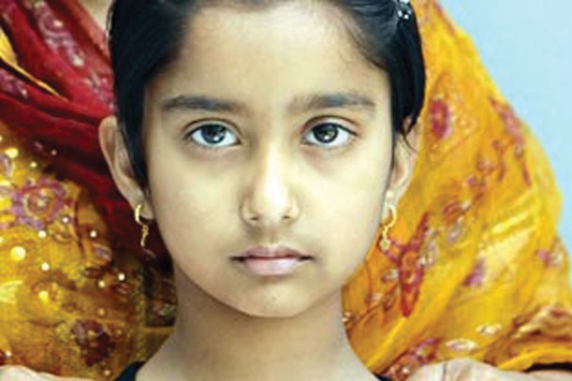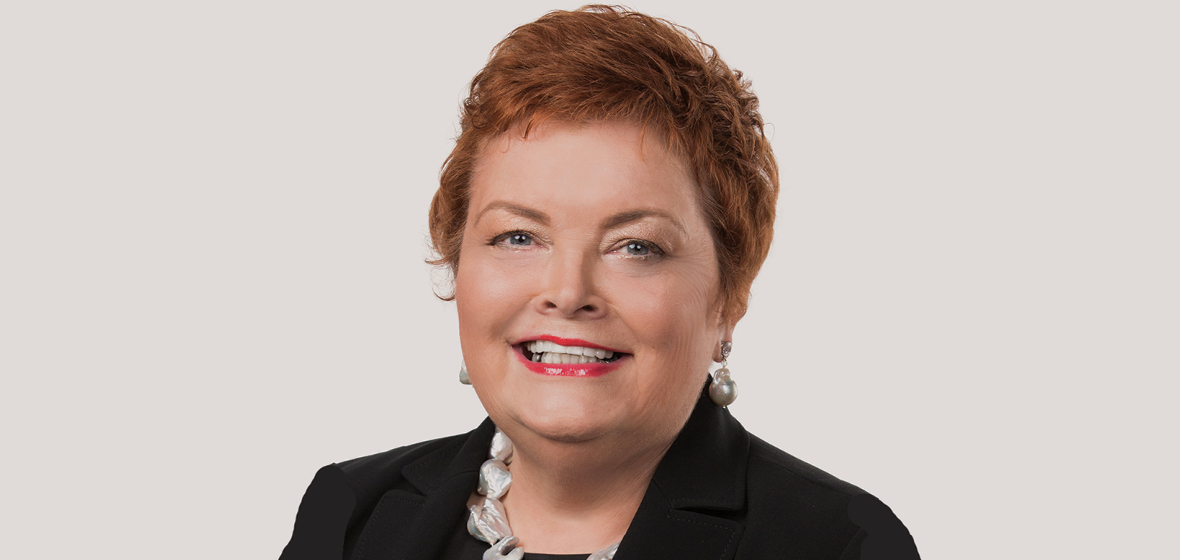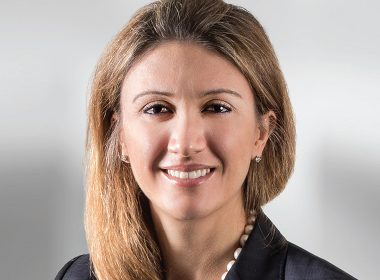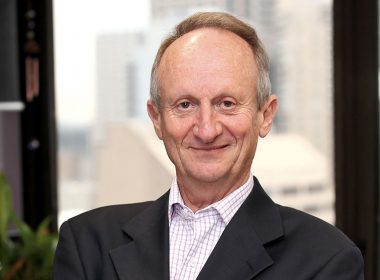Director and principal lawyer of Immigration Solutions Lawyers Anne O’Donoghue was awarded a "highly commended" at the Law Society of NSW President's Medal 2019. In a candid interview with LSJ, she shares a pro bono case that changed her perspectives, and sparked a passion for legal advocacy.
Jhahanara Jabber had a very rare disease where her abdominal organs were on the outside of her body. She had surgery in Korea to put them back, but when they did, not everything worked properly, and she continued to experience complications with her oesophagus.
In 2004, she was brought to Sydney on a medical visa for life-saving surgery and, although the operation was a success, she suffered ongoing problems and was under care of paediatricians at Sydney Children’s Hospital. She had a further six major operations yet continued to be restricted to a liquid diet.
While doctors were fighting to save her life, the Department of Immigration and Citizenship notified Jabber and her family that they could not remain in Australia and must return to Bangladesh one day before her surgery.
The Jabber case was very high profile and I became involved in December 2010. It was the third ministerial application, so we had to show something new.
I couldn’t get an Australian doctor to say the condition was life threatening, for political reasons. So I sought opinions from doctors around the world on the prognosis for Jabber’s condition. I felt we couldn’t fail because her life was at stake.
By obtaining overseas opinions we were able to successfully argue that sending her back would essentially be the same as issuing a death sentence on the child, and we won the right to have [then Immigration Minister] Chris Bowen reconsider the case.

Our firm did the equivalent of $80,000 of legal work for professional time pro bono, not including disbursements. But I believe this case and this type of work is the conscience of the practice, and there is a moral imperative.
The case made me think that you can buck the system, you just have to go about it the right way. In this case we did everything we could think of to get it to the Minister. We got overseas doctors to essentially embarrass the Australian doctors who were following the government line. They said her life was in danger, and in 2012 the Minister finally intervened.
The case put enormous pressure on my team because if we lost, we knew she was going to die. Further, it took a lot of courage to stand up when none of the medical profession was supporting me on this issue. I just had this gut feeling that this can’t be right, and this child is not getting any better. The good news is the whole family got their citizenship in 2016.
It makes me want to always challenge things, never accept things on face value and realise that there are often political motivations at play. It spurred my passion for children’s rights and migrant children cases and I now have a role in the IBA Presidential Task Force where I have been involved in addressing modern slavery and trafficking.
I was the first woman immigration lawyer to be a co-chair of the IBA and involved with the Presidential Task Force.
Jabber’s case had a massive impact on me. During the case, our firm did the equivalent of $80,000 of legal work for professional time pro bono, not including disbursements. But I believe this case and this type of work is the conscience of the practice, and there is a moral imperative.




